NDA / Confidentiality Agreement


A Non-Disclosure Agreement (also known as a Confidentiality Agreement or an NDA) is a legally binding contract in which an individual or business promises to keep certain information received from another party confidential and not to disclose it to third parties without proper authorisation from the discloser. The obligations can be one way or mutual.
Confidentiality agreements help parties to conduct candid and confidential discussions. It builds trust between parties in order to exchange confidential information on:
It is important to sign an NDA prior to disclosing confidential information, in particular where the confidential information is very important for your business (e.g. trade secrets and intellectual property). Otherwise, the disclosure may well use the information for other purposes at the discloser's expense.
When drafting a confidential letter on behalf of a private equity company, it is important to ensure that the scope of information to be disclosed to "Authorised Recipients" or their equivalent contained in the definition is sufficiently wide.
Consider who may need access to the information. You have to consider not only who will need this information initially to evaluate the proposal, but also who would need it if the transaction is successful – including board members and other entities within the group.
Does the definition allow the distribution of information to all necessary professional advisers/financiers/investors / potential fund investors / potential consortium members, etc.? This is an area that may cause controversy. Although it is usual for professional consultants to fall within the definition of authorised recipients, information disclosed to third parties, such as potential consortium members, should only be agreed to in a separate confidential letter based on such a third party. Strict Restrictions Disclosure of named individuals should generally be rejected on the grounds that companies may find it impractical to operate within confines and for other internal affairs purposes.
Some confidential letters may seek to limit the standard separation of confidentiality undertakings, allowing information disclosure legal requirements or regulations.
Where the confidential letter imposes responsibility on the client for any Authorised Recipients or equivalent that violates this letter, one will need to decide whether it is willing to acknowledge this in respect of its consultants and advisors (e.g. lawyers and accountants, etc). Responsibility for certain authorized recipients may be refused, and they may be expected to sign separate agreements with the seller or back-to-back agreements with companies. The confidential letter needs to be modified accordingly.
Where confidential letter attempts to include all members of the group to subject to restrictions and obligations, this may be unacceptable to larger group companies, where they may not have sufficient. An acceptable compromise limits the obligation to the group members who receive the information.
Requirements to return all information (including electronic data already save on servers) may be completely impractical. Instead, one may opt for destroying the information instead, or where there are regulatory requirements to keep such information. For the same reason, companies are very reluctant to provide proof that all information has been returned or destroyed. Where this information is granted, the recipient of the information will generally continue to hold the information retained under the terms of the confidential letter. A compromise may be an agreement to return or destroy using reasonable efforts.
One should ensure that the confidentiality obligations do not inhibit the ability to conduct due diligence, which needed to be performed, and ensure that the list of allowed contacts includes all of these people who need to be communicated with.
One should decide whether they are willing to give confidentiality letters of compensation for breach of a confidentiality undertaking. If unable to agree on this point, some potential compromises are: stipulating that a breach of contract must be determined by the court before requiring payment, introducing an obligation to mitigate losses, and ruling out corresponding or indirect losses.
Some confidential letters will seek to limit warranties or believe that all Information disclosure acquisitions should be removed for the purpose of these restrictions. Confidential letters may prohibit the recruitment of suppliers or targeted employees.
One should include the end date of the confidential letter, and the required three-year term is fairly standard. It is also important that if the proposed transaction is successful, it should ensure that the confidentiality commitment terminates.
Where aborted, information regarding the transaction may eventually enter the public domain, and/or no longer has any commercial value. Prior to the expiration of this period, in this case, it is reasonable to agree to continue to keep such information confidential in accordance with the terms of the confidentiality letter.
Members are often confused about which document to use in relation to NDA / Confidentiality Agreement. The following table is a quick reference guide:
|
Documents |
When to Use |
|
NDA / Confidentiality Agreement for Business |
One Way Non Disclosure agreement for discussion of a business relationship. It imposes a unilateral obligation of confidentiality on the party who receives the information. It can be in favour of Discloser / Disclosure / neutral. |
|
NDA / Confidentiality Agreement for Transaction |
One Way Non Disclosure agreement for Discloser to reveal details of the Transaction to the Disclosure. It imposes a unilateral obligation of confidentiality on the party who receives the information. Can be in favour of Discloser / Disclosure / neutral. |
|
NDA / Confidentiality Agreement for Business |
Two-way Non Disclosure agreement for discussion of a business relationship. It imposes a mutual obligation of confidentiality on the parties who provide and receive information at the same time. Can choose from strict/neutral/loose obligations even if they are reciprocal. |
|
NDA / Confidentiality Agreement for Transaction |
Two-way Non Disclosure agreement for disclosing details of the Transaction. It imposes a mutual obligation of confidentiality on the parties who provide and receive information at the same time. Can choose from strict/neutral/loose obligations even if they are reciprocal. |
|
NDA / Confidentiality Agreement for Joint Venture |
Non Disclosure Agreement for a basic information exchange agreement applicable where two parties are agreeing to exchange confidential information before concluding a binding joint venture agreement. It imposes a mutual obligation of confidentiality on the parties who provide and receive information at the same time. Can choose from strict/neutral/loose obligations even if they are reciprocal. |
|
NDA / Confidentiality Agreement for Business - Short Form (One way / Unilateral) |
One Way Non Disclosure agreement for discussion of a business relationship. It imposes a unilateral obligation of confidentiality on the party who receives the information. This is drafted in a short and simple form to procure signing without much negotiation. Can be in favour of Discloser / Disclosure / neutral. |
|
NDA / Confidentiality Agreement for Transaction by Agent (One way / Unilateral) |
One Way Non Disclosure agreement for Discloser to reveal details of the Transaction to the Disclosure by an Agent (e.g. bank or securities firm) of the Principal. It imposes a unilateral obligation of confidentiality on the party who receives the information. Can be in favour of Discloser / Disclosure / neutral. |
|
NDA / Confidentiality Agreement for Business |
Three-way Non Disclosure agreement for discussion of the business relationship. It imposes a mutual obligation of confidentiality on the parties who provide and receive information at the same time. Can choose from strict/neutral/loose obligations even reciprocal. |
|
NDA / Confidentiality Agreement for Joint Venture |
Non Disclosure Agreement for a basic information exchange agreement applicable where three parties are agreeing to exchange confidential information before concluding a binding joint venture agreement. It imposes a mutual obligation of confidentiality on the parties who provide and receive information at the same time. Can choose from strict/neutral/loose obligations even if they are reciprocal. |
Thumbnail Image Credit: TrulyOffice.com
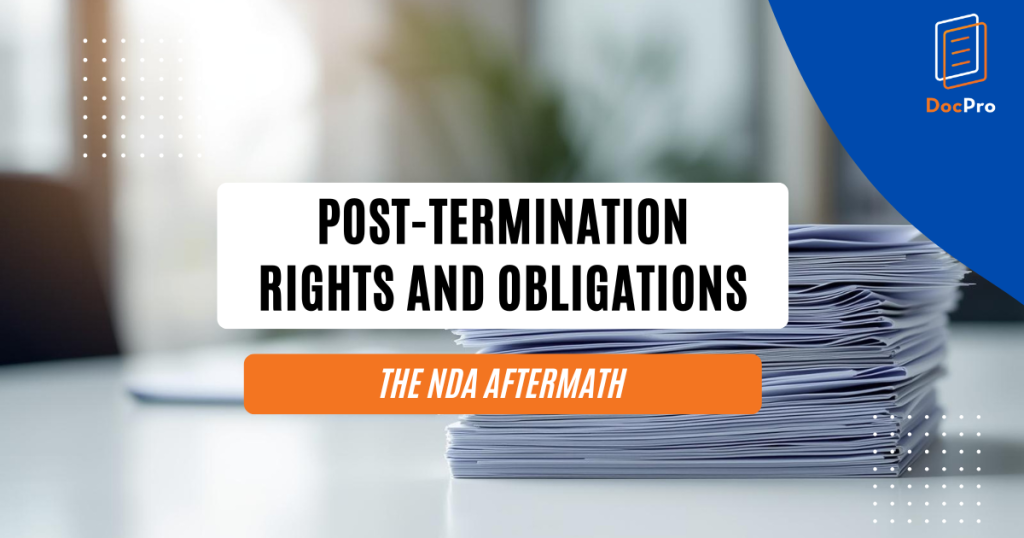
22 Jan 2026
3 min read
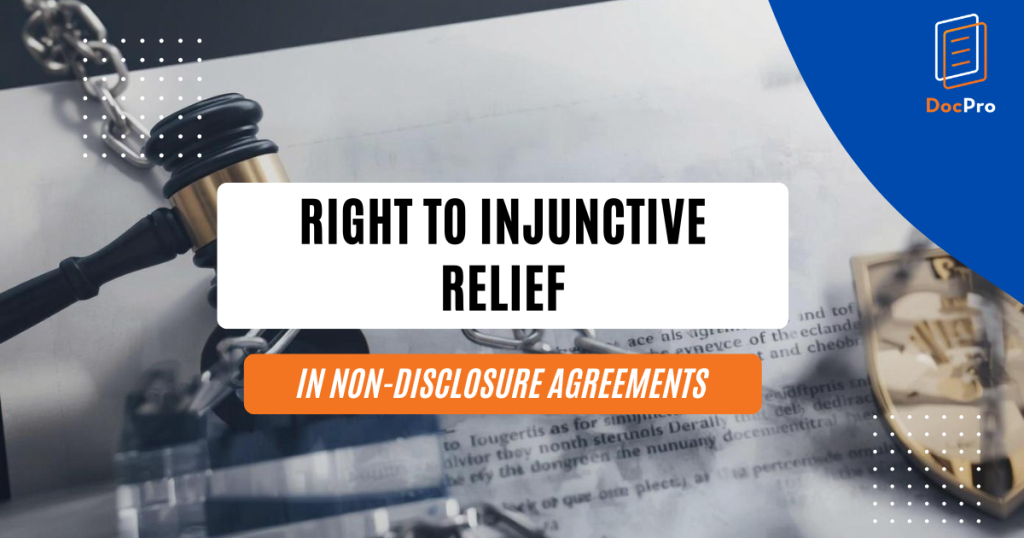
15 Jan 2026
2 min read

13 Nov 2025
2 min read
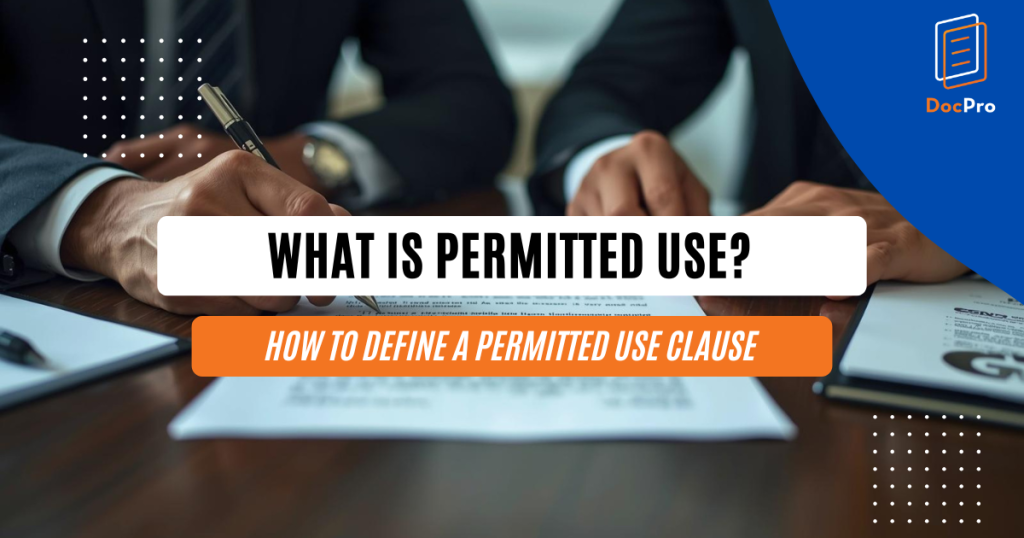
6 Nov 2025
2 min read
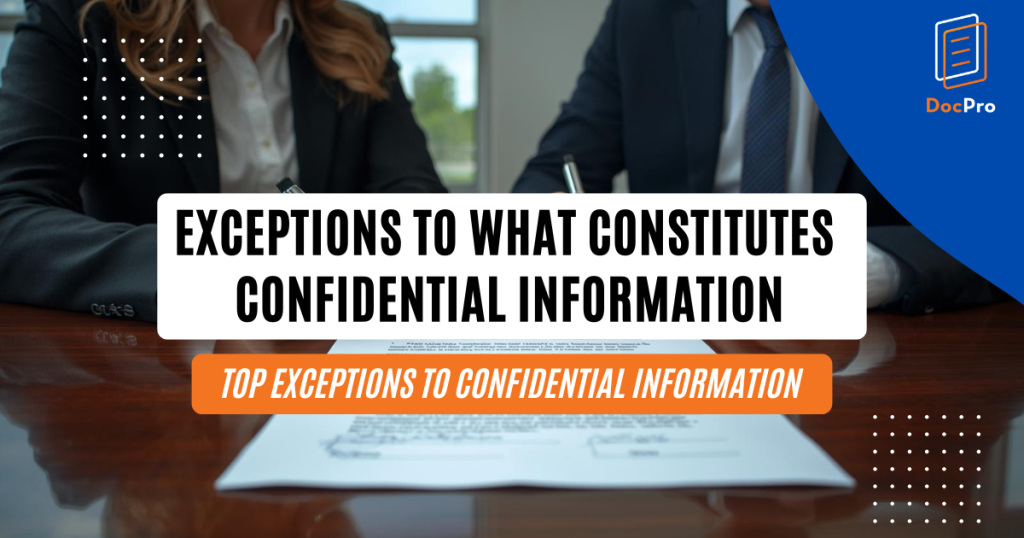
24 Oct 2025
2 min read
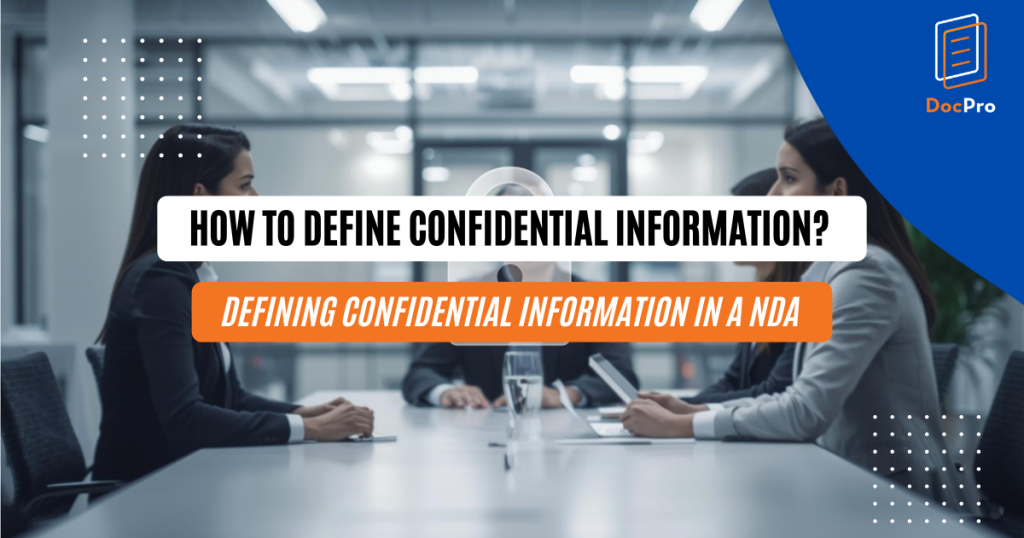
15 Oct 2025
3 min read
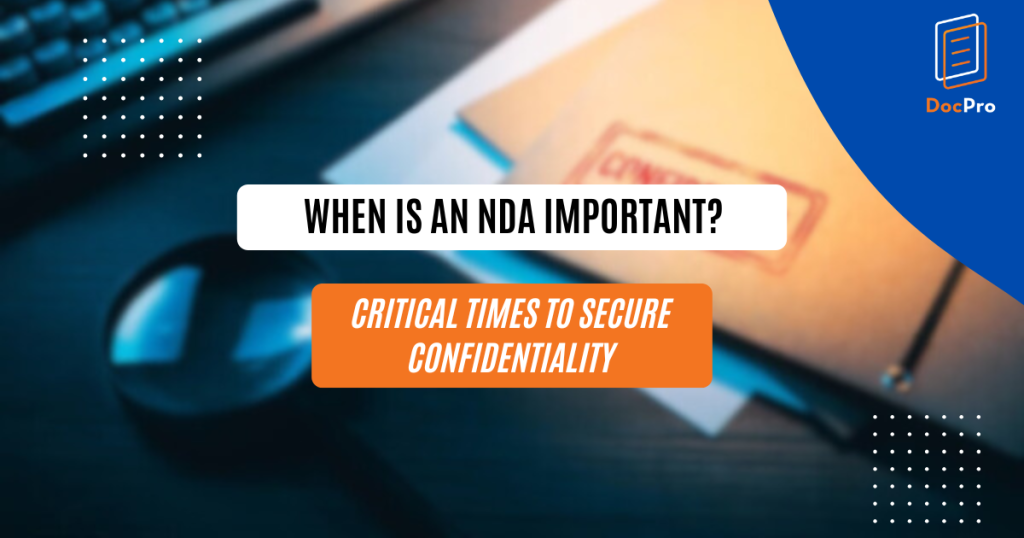
3 Oct 2025
2 min read

27 Jun 2025
4 min read
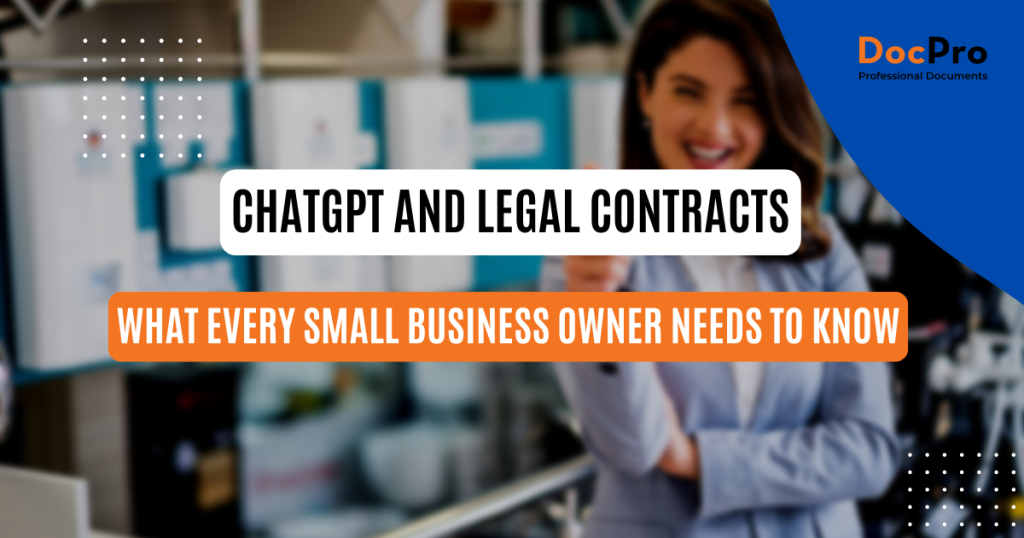
21 Feb 2023
5 min read
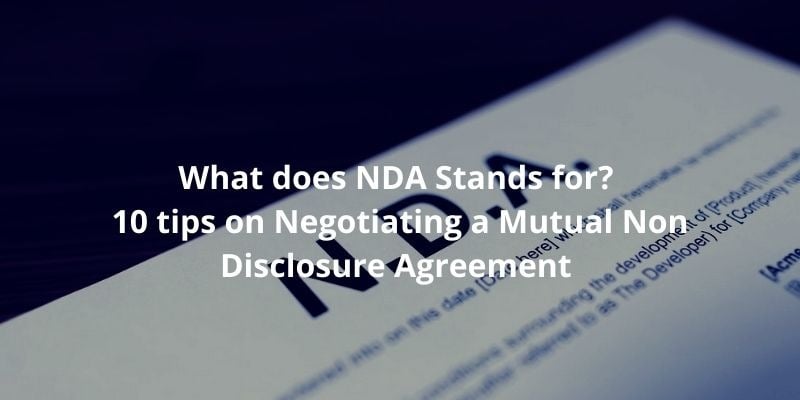
14 Nov 2021
7 min read
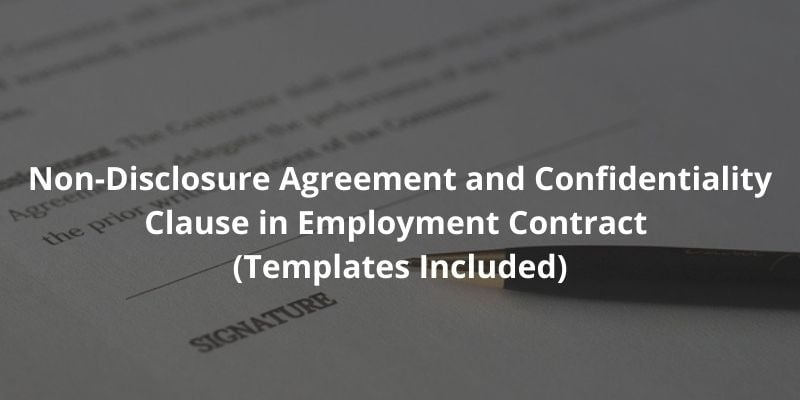
30 Oct 2020
7 min read
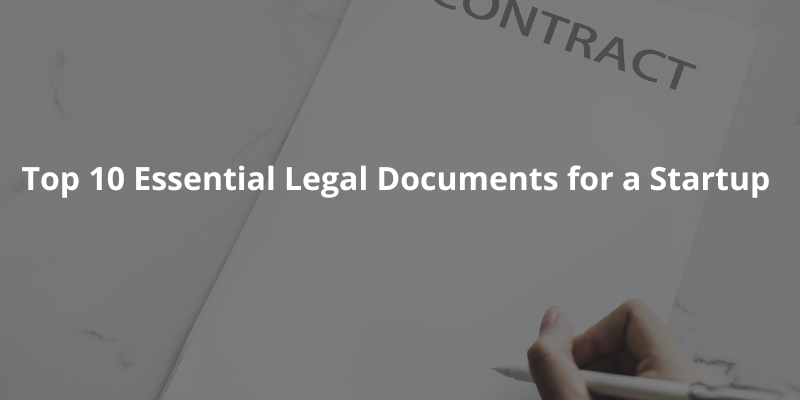
16 Oct 2020
9 min read
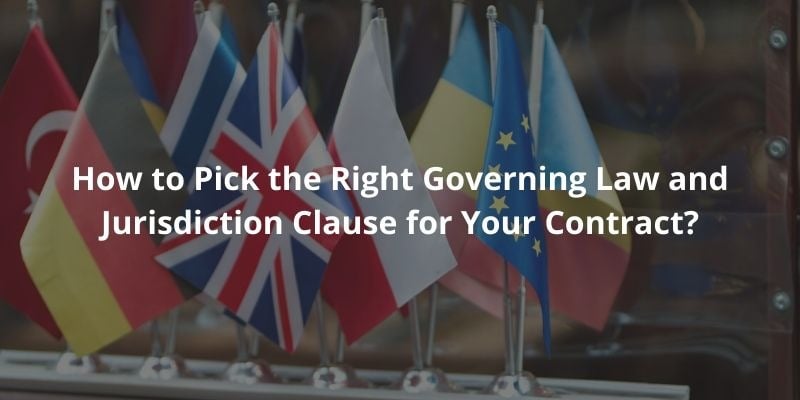
1 Mar 2020
11 min read
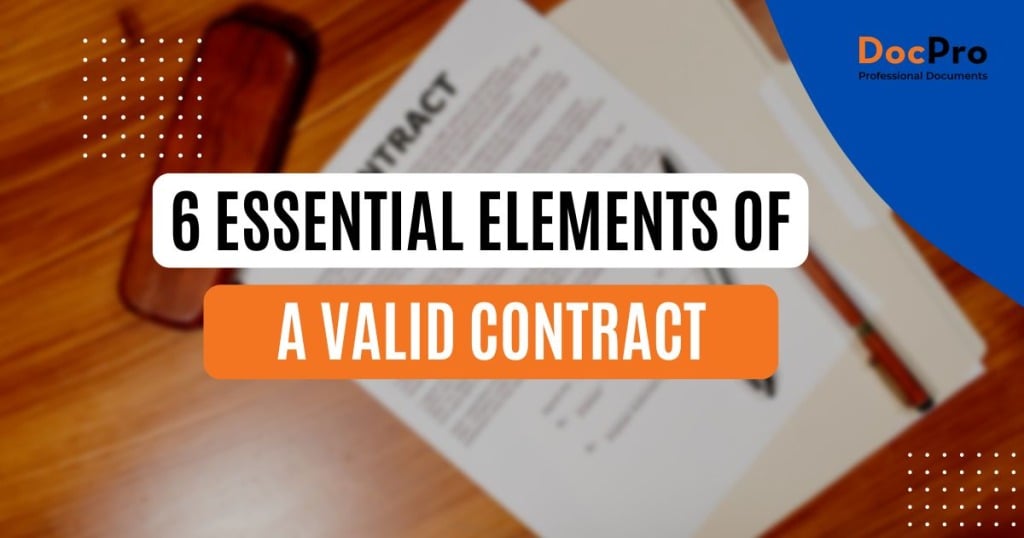
10 Dec 2019
8 min read




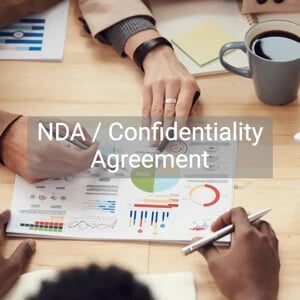
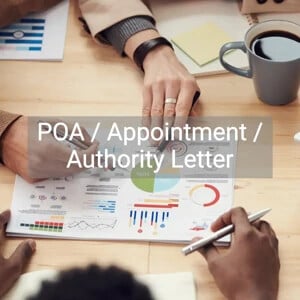
Not the right document?
Don’t worry, we have thousands of documents for you to choose from: